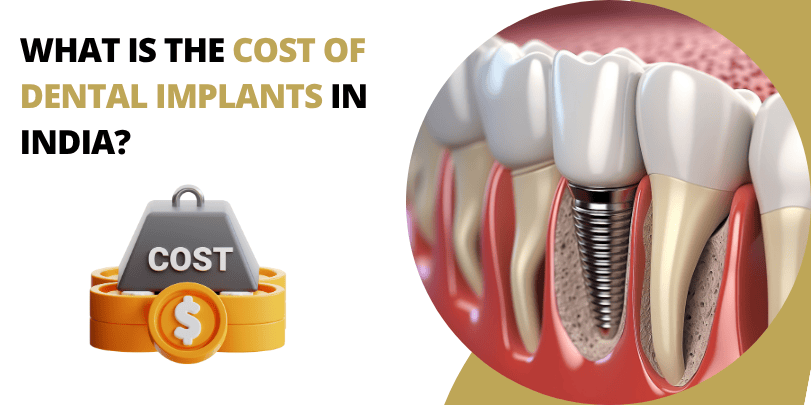They wiggle, they fall out, and they eventually make room for adult teeth, but don’t let that fool you. Baby teeth, also known as primary or milk teeth, are anything but disposable.
Many parents assume that because these teeth are temporary, they don’t require the same care and attention as adult teeth. But neglecting baby teeth can lead to long-term issues that affect a child’s health, confidence, and even the development of their permanent teeth.
Let’s unpack why baby teeth deserve more respect and protection than they often get.
1. They Help Kids Chew, Speak, and Smile
Baby teeth are essential for the most basic daily functions:
Chewing – Proper nutrition depends on effective chewing. Missing or painful baby teeth can limit a child’s diet, making them avoid healthy, textured foods like fruits, vegetables, and proteins.
Speech development – Teeth help in forming sounds, especially for letters like “T,” “D,” and “S.” Losing them too early can interfere with normal speech development and cause lisps or unclear pronunciation.
Smiling with confidence – Kids are sensitive to how they look, even at a young age. Decayed or missing front teeth can make them self-conscious and impact their self-esteem in social settings like school or daycare.
2. Baby Teeth Hold the Space for Permanent Teeth
One of the most critical roles of baby teeth is to hold space in the jaw for the adult teeth that are developing underneath.
If a baby tooth is lost too early, due to decay or trauma, the neighbouring teeth may drift into the empty space. This crowding can cause:
- Misalignment of permanent teeth
- Orthodontic problems later in life
- The need for braces or spacers to correct the issue
Keeping baby teeth healthy helps ensure that adult teeth come in straight, on time, and with less hassle.
3. Decay in Baby Teeth Can Lead to Infections and Pain
Cavities in baby teeth are not harmless. Untreated decay can lead to:
- Toothaches and abscesses
- Gum infections that spread to other parts of the body
- Difficulty eating or sleeping
- Permanent damage to the underlying adult teeth
In severe cases, dental infections can require hospitalisation. No child should have to suffer pain from something that’s entirely preventable.
In fact, the CDC reports that about 1 in 5 children aged 5 to 11 has at least one untreated decayed tooth, a clear sign that more awareness and action are needed.
4. Dental Habits Start Early
Children learn lifelong behaviours early. Teaching kids how to brush, floss, and value their teeth sets the stage for better oral health as adults.
When kids learn that dental care is important even for “temporary” teeth, they’re more likely to:
- Practice good hygiene consistently
- Visit the dentist regularly
- Take responsibility for their health as they grow
On the flip side, if a child experiences trauma or pain related to dental visits, they may develop anxiety or avoidance habits that last well into adulthood.
5. Early Dental Visits Can Catch Problems Before They Start
The American Academy of Pediatric Dentistry recommends that a child’s first dental visit occur by their first birthday, or within six months of the first tooth erupting.
These early visits:
- Help parents understand how to care for baby teeth
- Allow dentists to check for early signs of decay or developmental issues
- Create a positive, familiar relationship between the child and the dental office
It’s about building comfort and catching issues before they turn serious.
6. Tooth Decay Is Still the #1 Chronic Disease in Children
This might come as a surprise: Tooth decay is the most common chronic disease among children in the U.S., even more than asthma.
And yet, it’s almost entirely preventable.
- Simple daily actions can make a world of difference:
- Brushing with fluoride toothpaste twice a day
- Limiting sugary snacks and drinks (especially juice and soda)
- Encouraging water as the main beverage
- Visiting the dentist every six months
Fluoride treatments and dental sealants are safe, effective tools pediatric dentists often use to protect those little teeth from decay.
Don’t Wait for Pain, Be Proactive
Many dental issues don’t cause pain right away. A cavity can form for months before a child complains of discomfort. By the time it hurts, the damage is often severe.
That’s why prevention, not reaction, is key.
Regular checkups, healthy habits, and early intervention help ensure that kids don’t have to deal with fillings, extractions, or worse. Dental care should be a part of everyday parenting.
They may be small and temporary, but baby teeth play a powerful role in a child’s overall development. From chewing and speaking to holding space for permanent teeth and teaching lifelong habits, they matter far more than most people realize.
So don’t dismiss them. Give them the care and attention they deserve. Because protecting baby teeth means protecting your child’s health, confidence, and future.

 Australia No
Australia No Canada No
Canada No India Toll Free No
India Toll Free No UK No
UK No USA No
USA No














